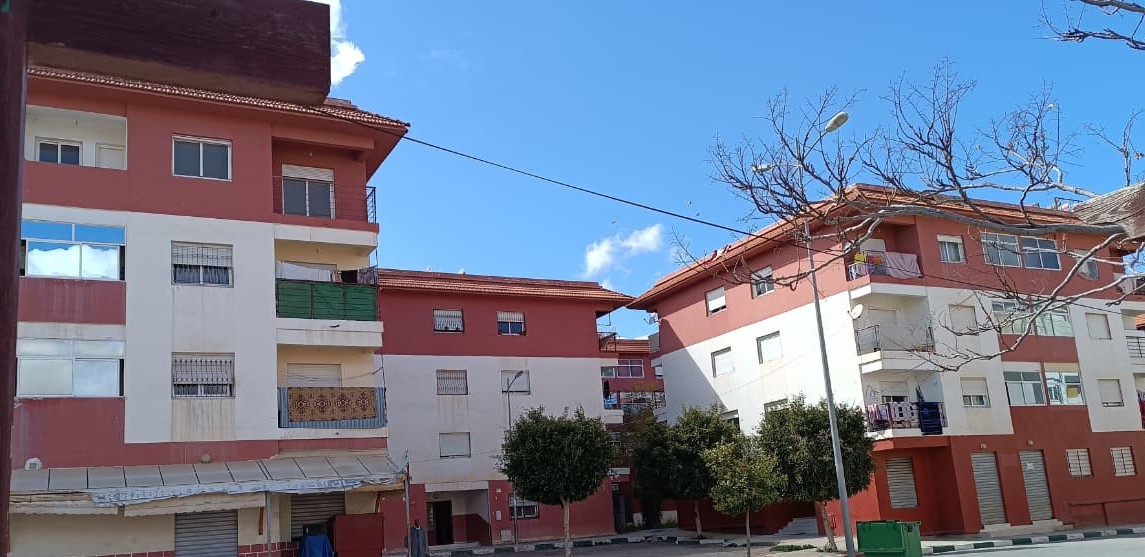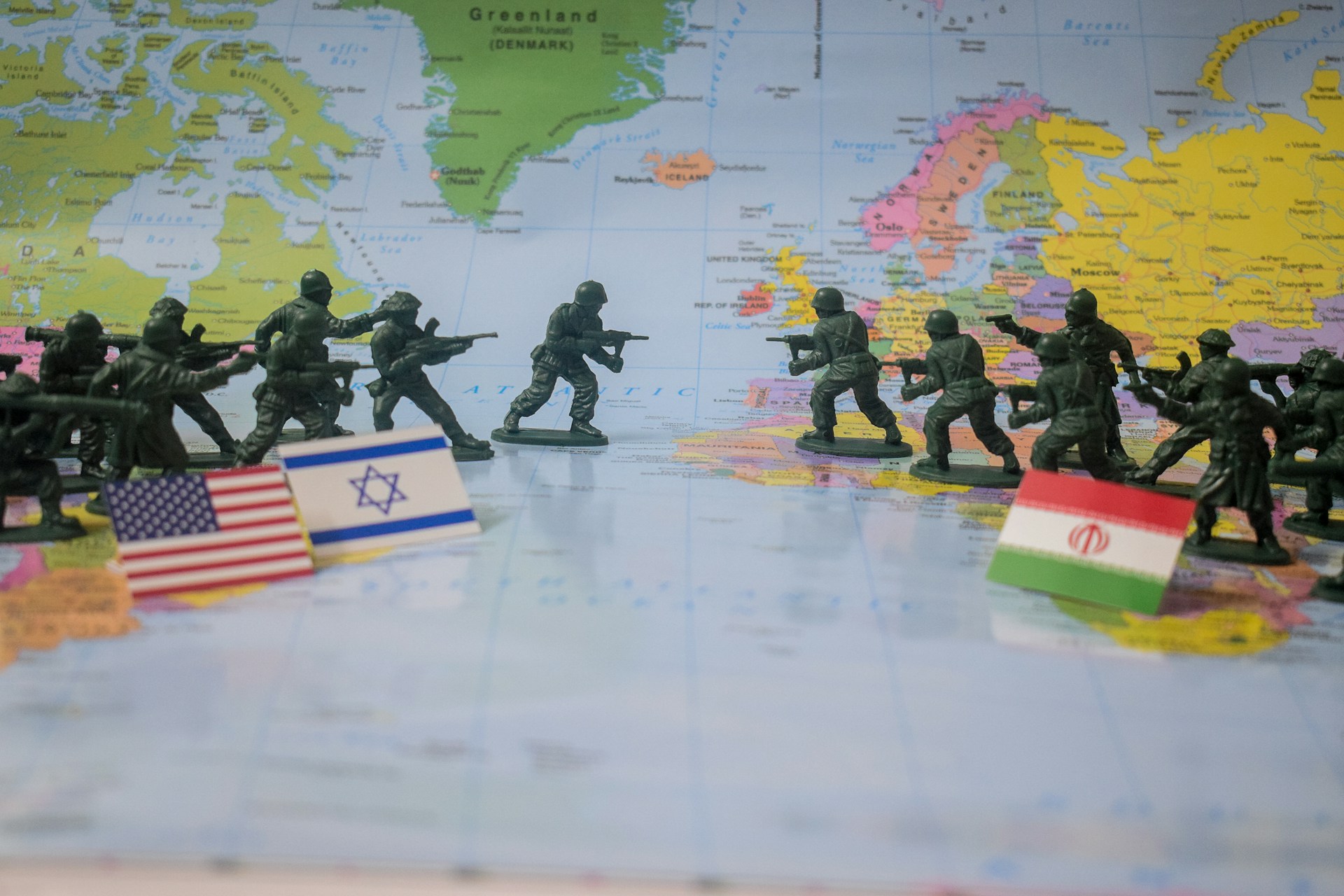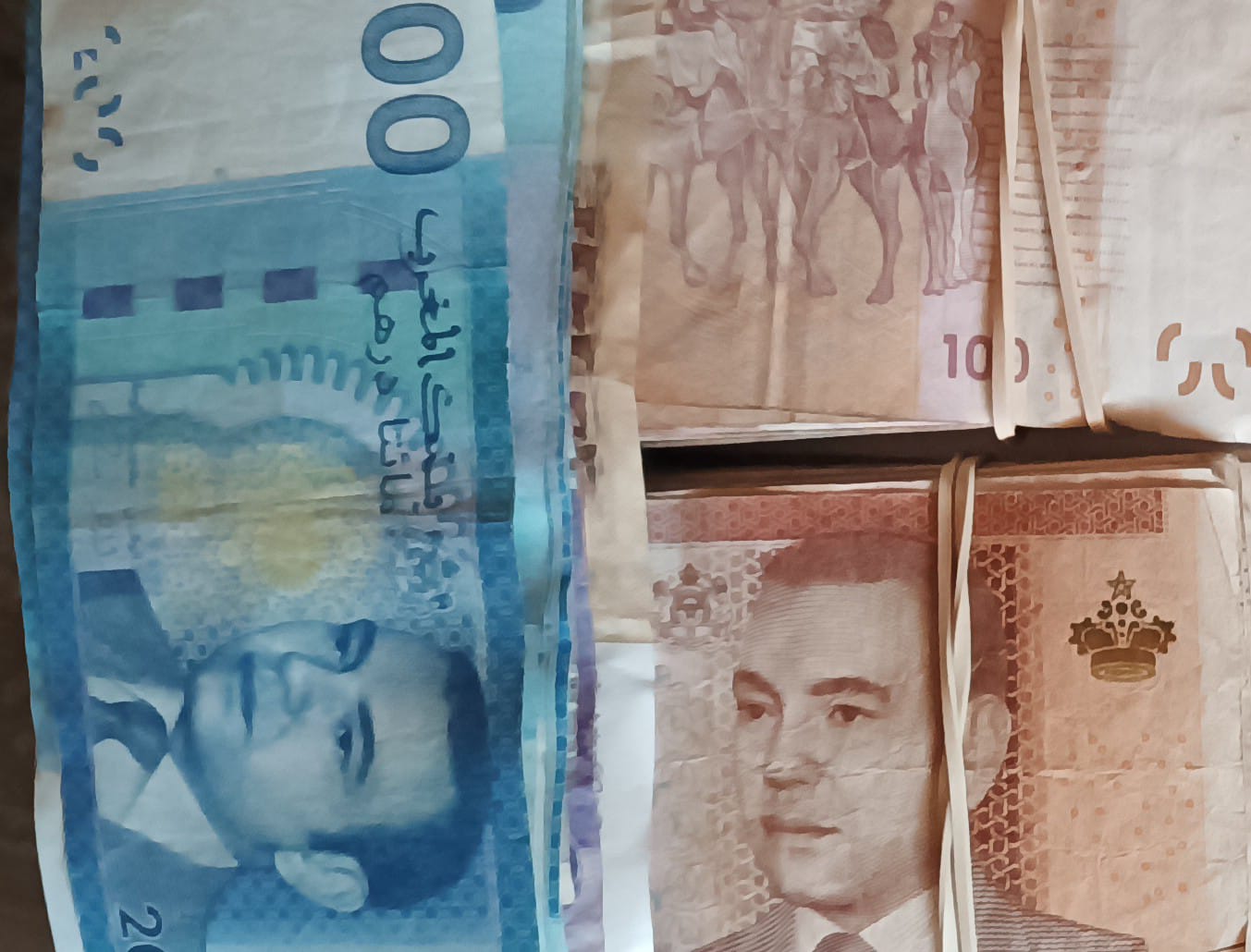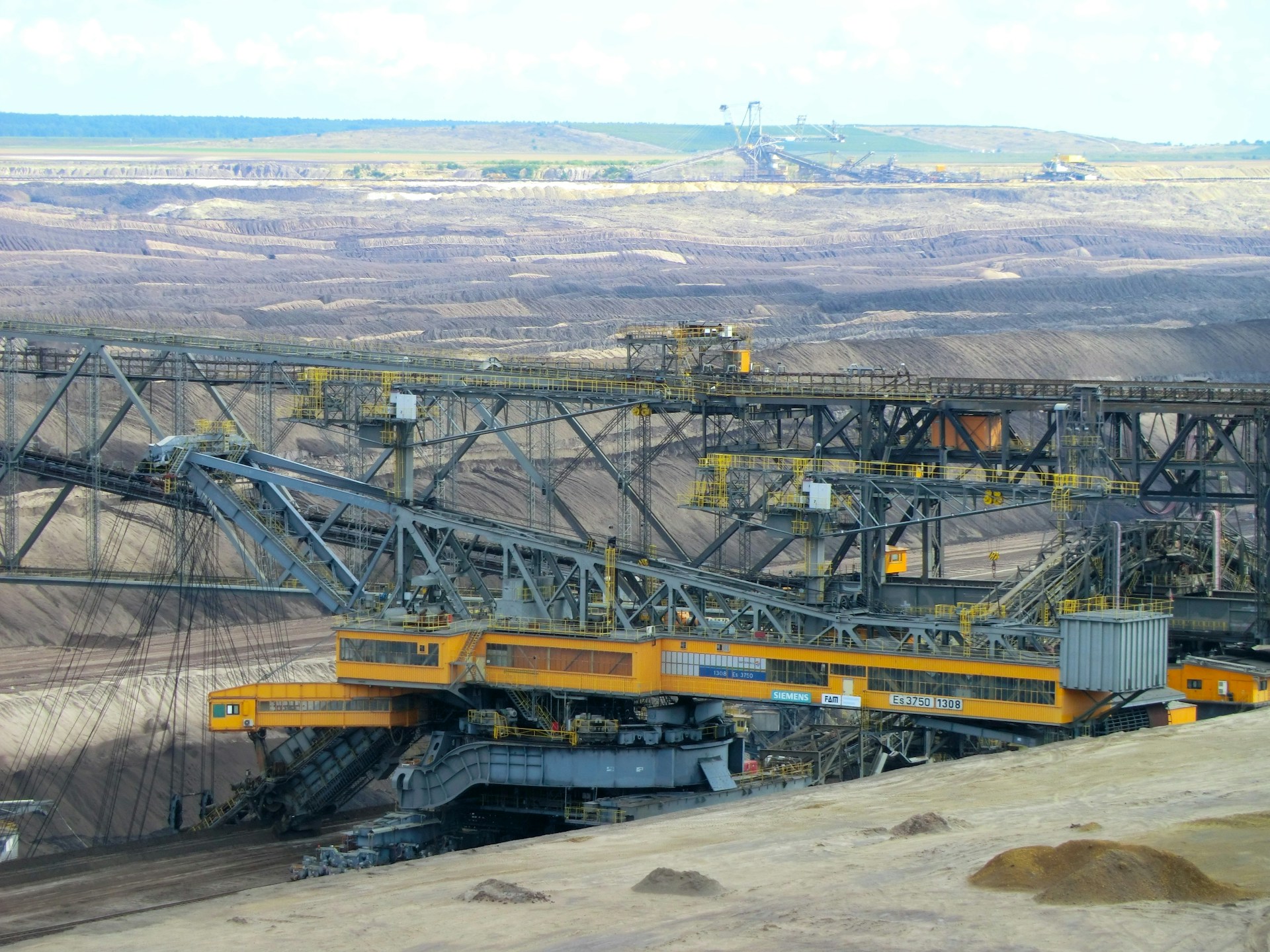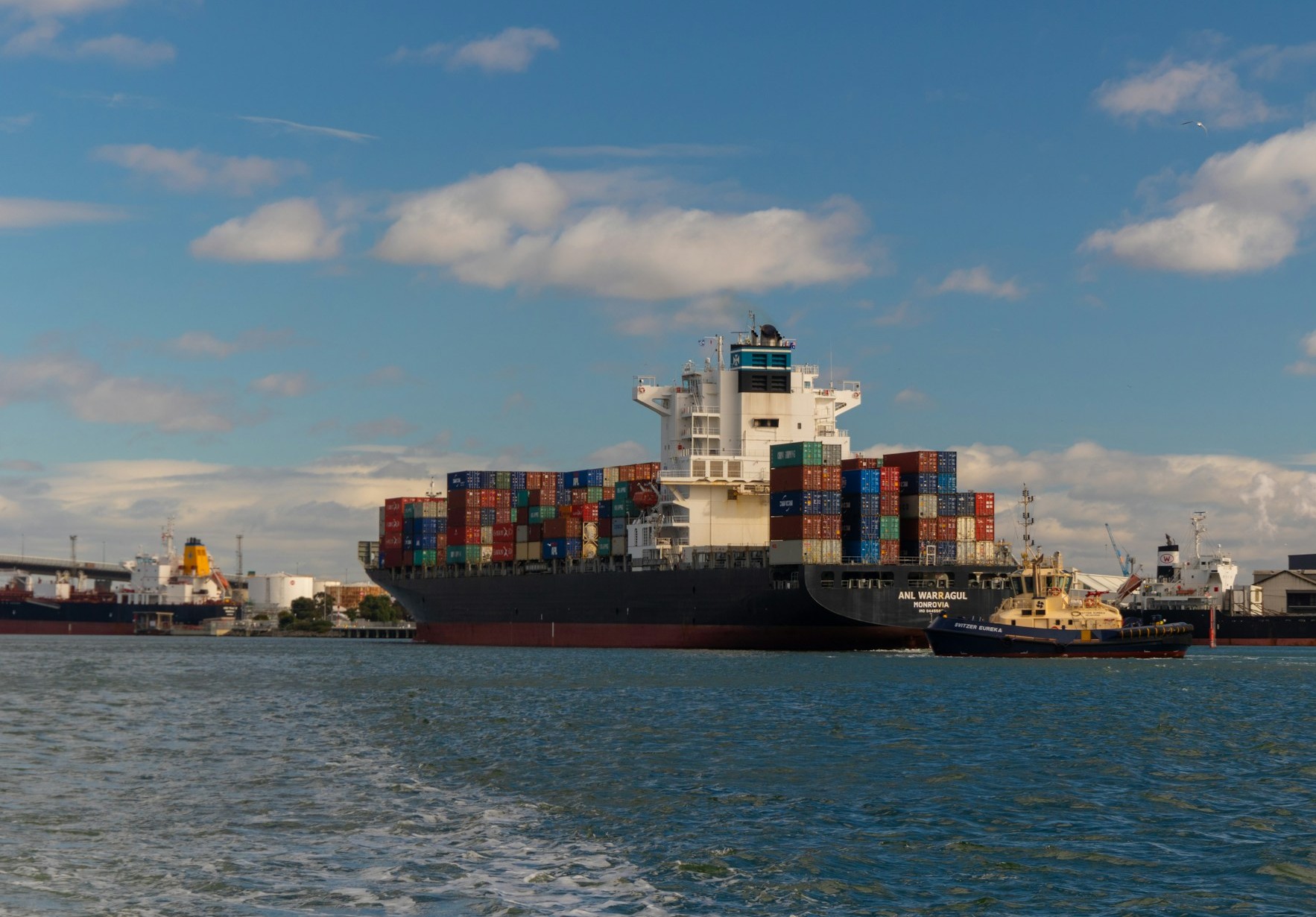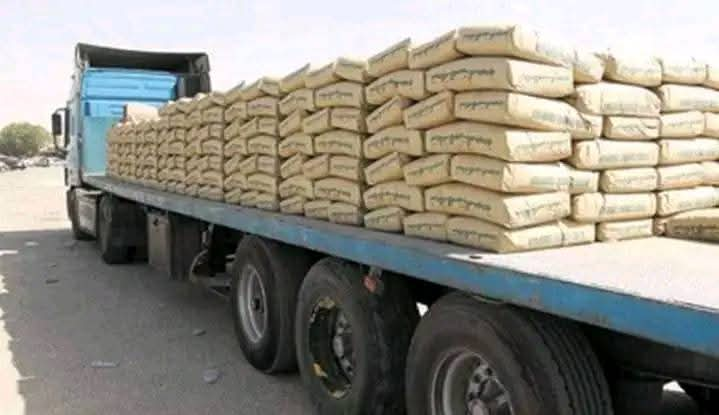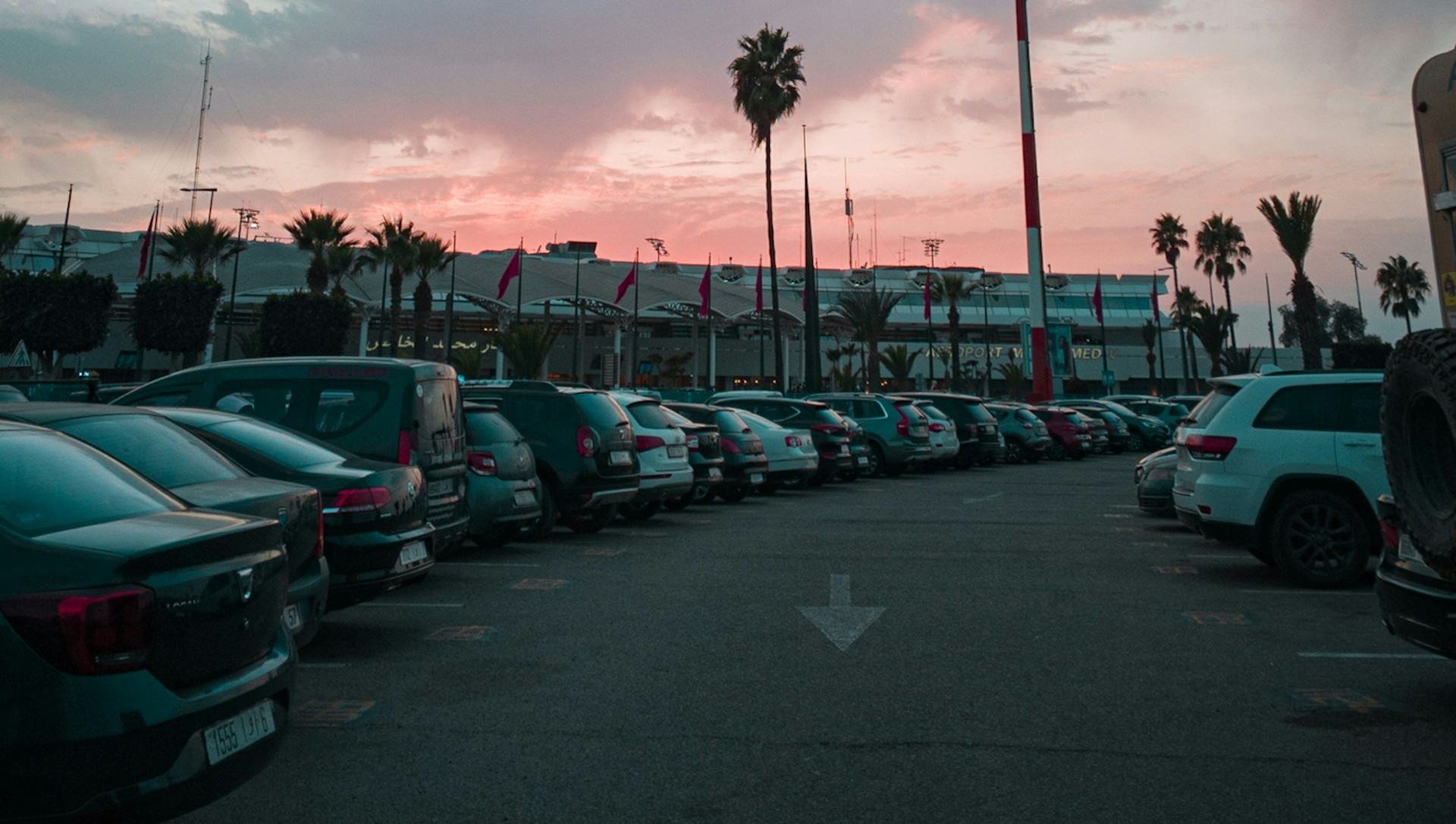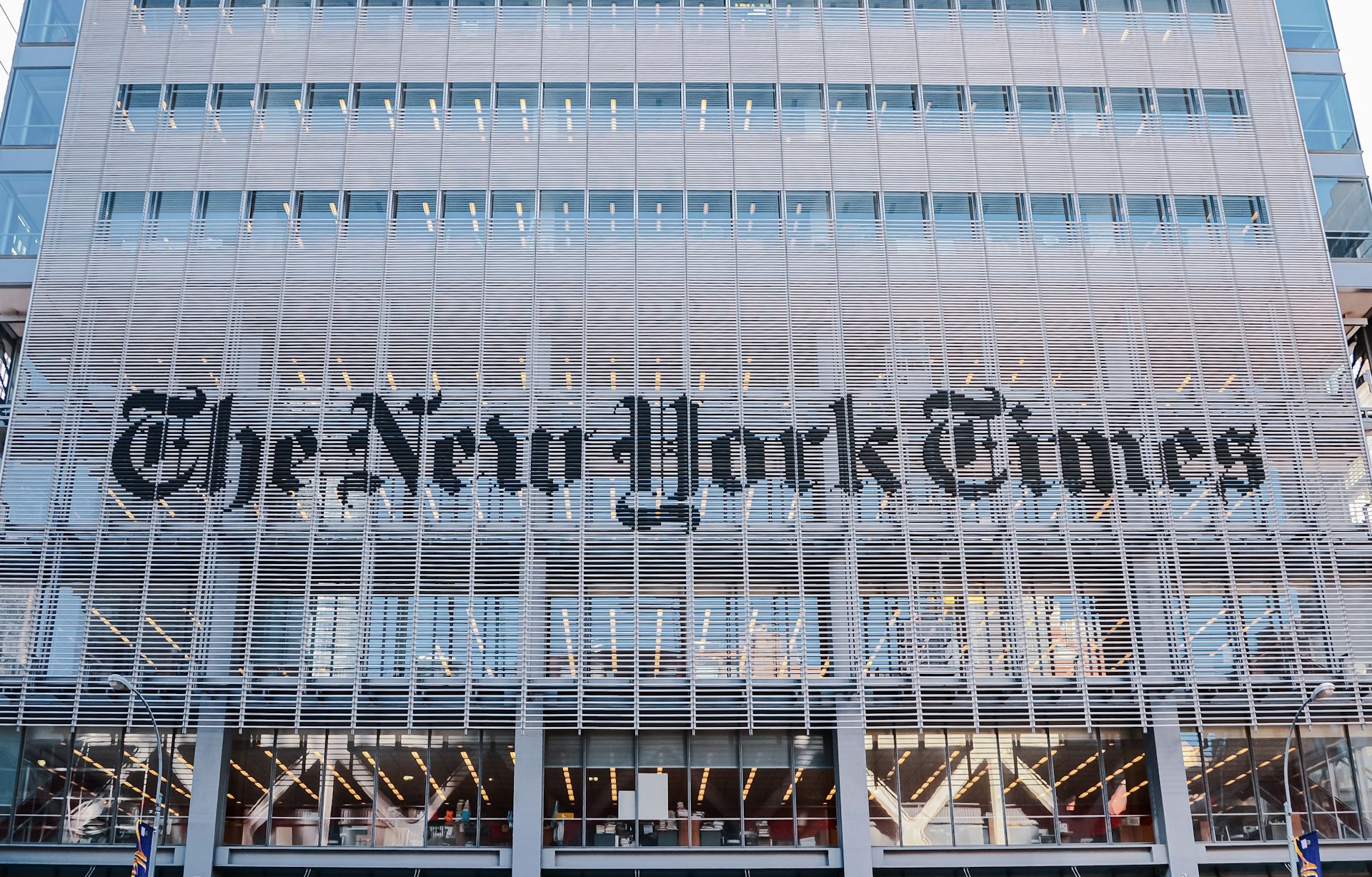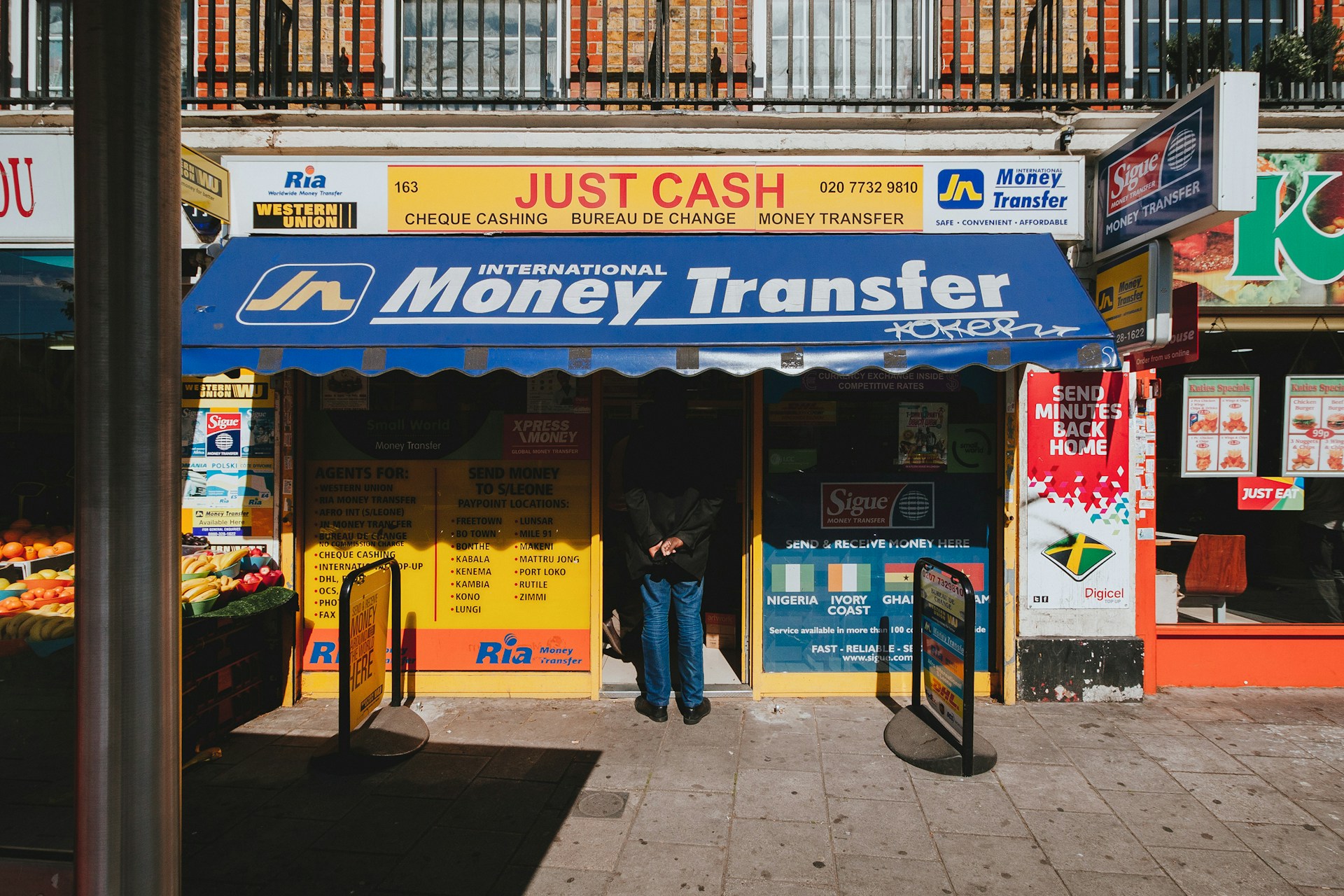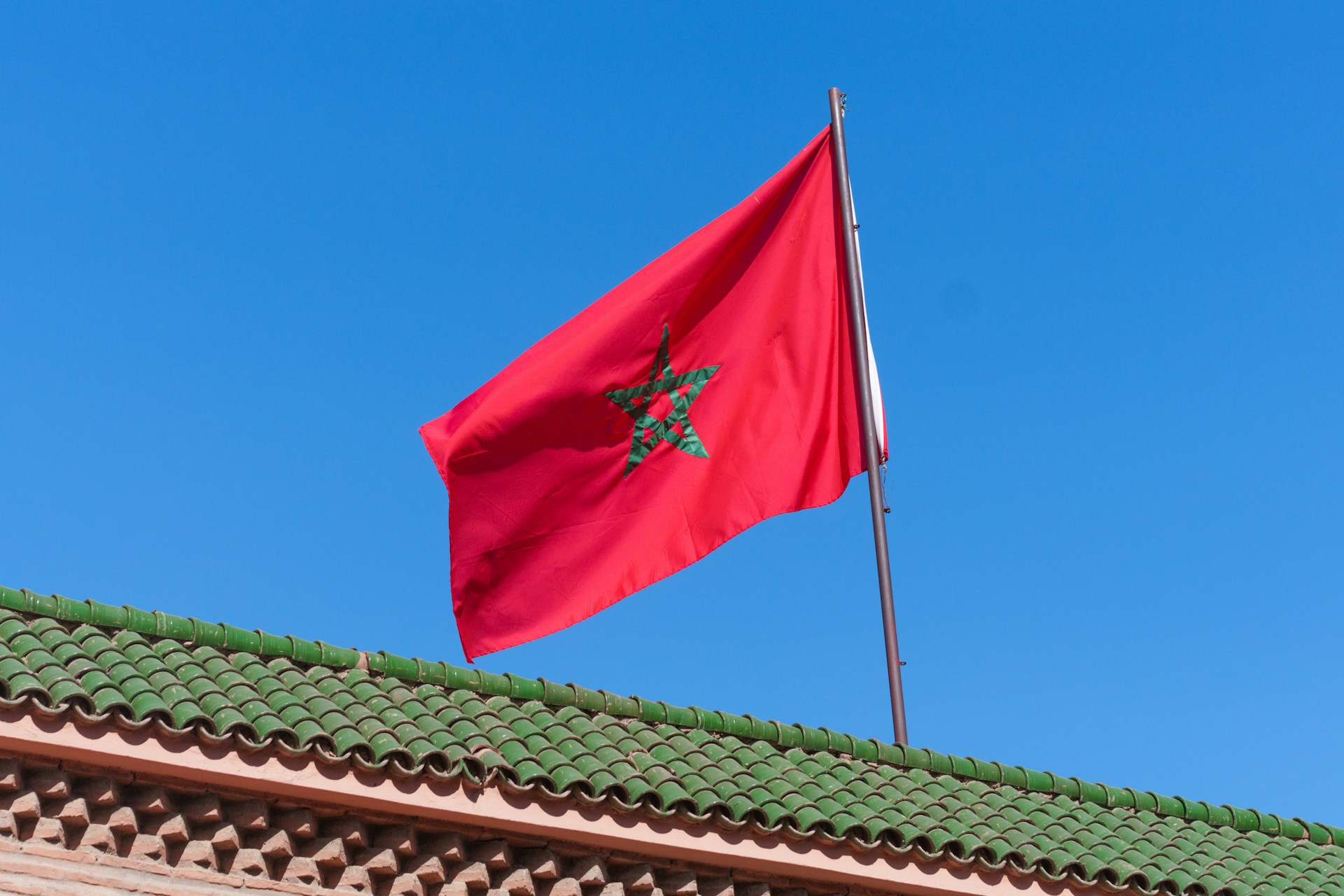Casablanca – The Moroccan government has unveiled impressive figures outlining its ongoing efforts to bolster the national industrial sector, with a record $14 billion in operating capital injected into industrial projects between May 2023 and November 2024. This represents a dramatic 10-fold increase compared to the previous period of October 2021 to April 2023, signaling a transformative shift in the country’s industrial landscape.
Prime Minister Aziz Akhannouch presented these results during a session at the House of Councillors on Tuesday, noting that the surge in investment was largely driven by the implementation of Morocco’s new Investment Charter, which came into effect in late 2022. The charter, designed to attract both local and foreign investors, is a cornerstone of Morocco’s strategy to strengthen its industrial competitiveness. It achieves this by providing financial and spatial incentives aimed at reducing investment costs and promoting industrialization across the country.
A key feature of the new charter is its focus on geographic investment equality, ensuring that industrial investments are distributed across Morocco’s regions, not just concentrated in the major cities. This aligns with the government’s goal of ensuring that every province benefits from the industrial growth the country is experiencing. In his address, Akhannouch emphasized that the charter prioritizes future-oriented sectors, such as electronics, automotive, aviation, and emerging fields like artificial intelligence, green hydrogen, and biotechnology.
The government’s commitment to reforming the investment landscape is evident in its efforts to simplify administrative procedures. 22 key investment-related administrative decisions were streamlined, and the “CRI-Invest” digital platform was launched to facilitate and expedite investment processes. Notably, the number of required documents was reduced by 45%, easing the path for investors looking to establish or expand industrial operations in Morocco.
Further boosting the industrial ecosystem, the government has focused on supporting small and medium-sized enterprises (SMEs), which are seen as key drivers of job creation and economic diversification. To this end, the government is finalizing a legal framework aimed at providing specific investment support to these vital players in Morocco’s industrial economy.
Additionally, in a bid to accelerate industrial growth in various regions, the government has decided to delegate the review of investment projects worth between $5 million and $25 million to regional investment centers. This regional delegation is part of a broader strategy to speed up approval processes and ensure that investment projects are executed swiftly.
The government’s efforts have already yielded significant results. A total of 2012 industrial projects worth over $82.5 billion have been processed during the current government’s term, resulting in the creation of more than 275,000 direct jobs. In line with this, the government has launched 32 industrial acceleration zones across the country, increasing available industrial land by 30% and facilitating the creation of vital infrastructure for new industrial activities.
Prime Minister Akhannouch also highlighted the launch of high-profile projects such as the Mohammed VI Tanger Tech City, a joint industrial initiative with China, designed to serve as a sustainable model for industrial development. Additionally, Morocco has rolled out specialized industrial zones aimed at attracting investment in defense and security sectors, aligning with broader national priorities.
Looking ahead, the Moroccan government remains determined to continue pushing for further industrialization, promoting innovation, and fostering a business climate that is both competitive and inclusive. With an eye on global markets, Akhannouch also emphasized the importance of Morocco’s expatriates in supporting these efforts and strengthening the country’s international investment appeal.
As Morocco strengthens its industrial base, the government’s focus on innovation, green technologies, and regional investment equity sets the stage for a more diversified, sustainable, and competitive economy.
